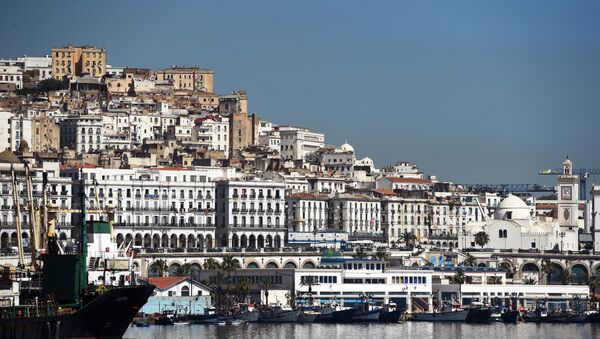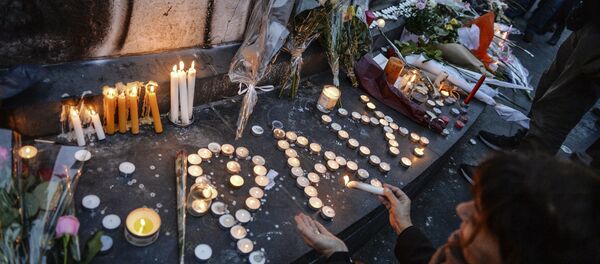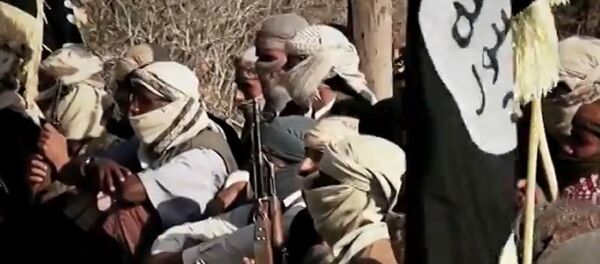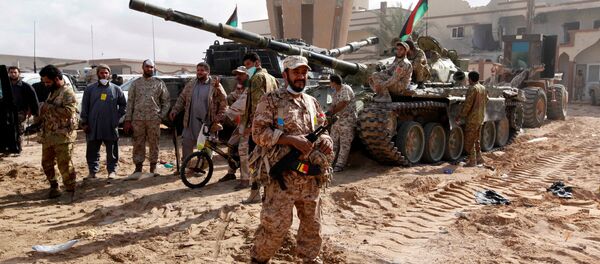At first, this may seem surprising. Algeria, which in recent decades has suffered from many conflicts, is not unfamiliar with religious extremism. When the Afghan War broke out in 1979, Algerian volunteers were among the first to be recruited to the Jihadi "resistance movement." Today, the situation is totally different.
According to political analyst Dalia Ghanem-Yazbeck, the main reason behind Algerians' lack of enthusiasm regarding violent extremism is the country's own experience with Islamist terror. The memory of the so-called "black decade" in the 90s lives on, and the Algerians want to avoid a repetition at all costs.
"The war left the country deeply traumatized. We still live with what happened and we feel strong fear that it will happen again," Dalia Ghanem-Yazbeck told Finnish newspaper Hufvudstadsbladet, arguing that Algerians in a way are "vaccinated" against Islamist extremism.
According to security expert Akram Kharief, Daesh's tactics to attract young people through social media have all but failed in Algeria.
"When we look at Islamists who have committed terrorist acts in Algeria in the past decade, we see that the average age is 39 years. We are thus dealing with the relics of the 90s, not new recruits," Akram Kharief told Hufvudstadsbladet.
The regime, led by aging President Abdelaziz Bouteflika, is not slow to exploit compatriots' fear of terror. In fact, this also became one of his best tools for staying in power. When Bouteflika ran for a fourth consecutive term in 2014, his election campaign was propelled by the slogan of "stability and continuity." Additionally, the country's imams were recently organized into a kind of trade union "to make Algeria immune to radical ideas from the outside." Journalist Faten Hayad from the morning newspaper al-Hayat advocated Sufism and Islamic mysticism as traditional opposites to extremism.
Security expert Akram Kharief, who by his own admission watches about 50 Daesh videos every day to monitor the developments, ventured that the group has become "hugely sophisticated" and "much more capable."
Lastly, terrorist groups are still present in Algeria, most of which have links with al-Qaeda and its branches in Northern Africa. In 2013, 70 people were killed in a hostage situation at a gas plant in the desert town of In Amenas.








